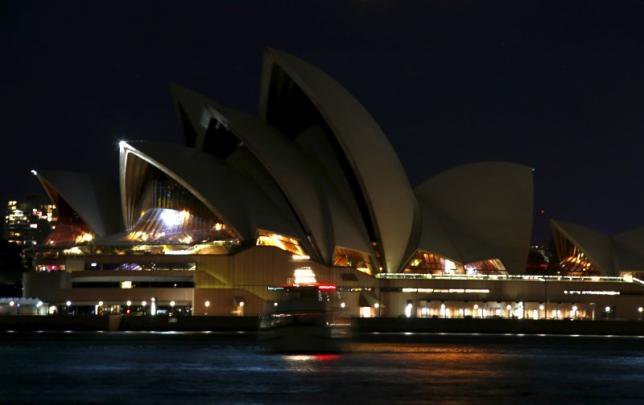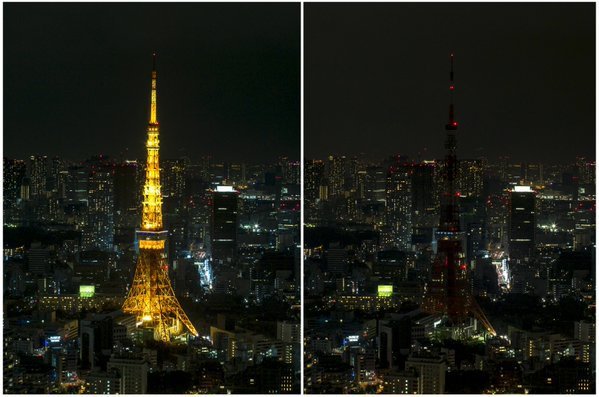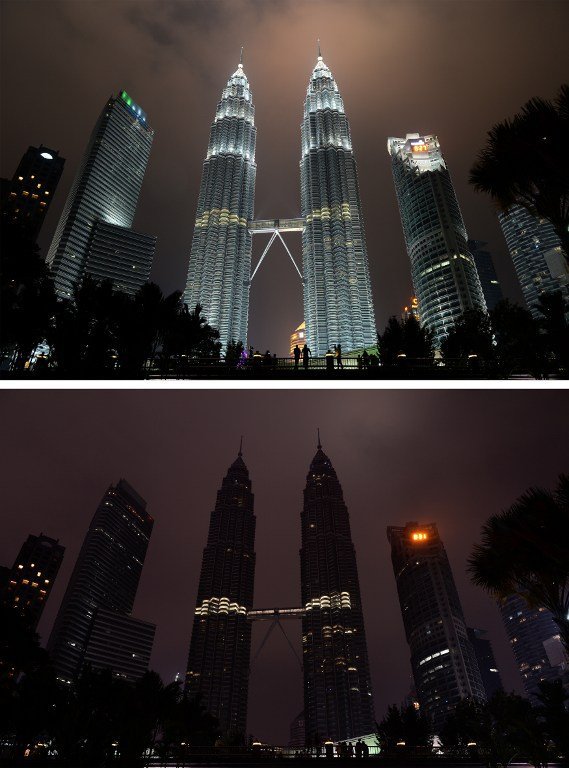Our actions today, as individuals and global community, will determine what the world will look like for generations to come.
What is Earth Hour?
The world is at the crossroad of climate change, and our actions still aren’t enough to reduce it. Earth Hour is one of the many initiatives aimed at addressing environmental issues. During the Earth Hour, cities around the world come together to put off all its non-essential lights for an hour (08:30 pm – 09:30 pm), at the end of March, as a symbol of their commitment to the planet.
It is a voluntary power cut by people around the world in a fight against climate change.
This year’s theme is a celebration of “Places We Love,” such as beaches, forests, reefs,
Sydney was the first this year to switch off its light to observe Earth Hour, while others followed.

Time for lights out! We’re proud to take part in this year’s #EarthHour
Pic: Simon Hewson/@wwf_australia @earthhour pic.twitter.com/uFCvtl2JIy— City of Sydney (@cityofsydney) March 19, 2016

We’re turning off our Golden Arches for Earth Hour tonight at 8:30-9:30pm. But don’t panic – we’re still open! pic.twitter.com/VkOmGJKFQv
— McDo Philippines (@McDo_PH) March 19, 2016

When did Earth Hour start?
Earth Hour started as a lights-off event in Sydney in 2007 organised by the conservation group WWF and since then it picked up around the world, engaging a massive number of people from around the globe. The movement has achieved great environmental impact and has around 172 countries and territories worldwide participating in it.
What is climate change?
Climate change – often also referred to as global warming – is a change in the climatic system. It is a phenomena wherein the average surface temperature increases as a result of the increase in greenhouse gas levels. In some cases the term is used to refer to climate changes caused by human activities, as opposed to changes in climate that may have resulted as part of Earth’s natural processes.
How do you celebrate Earth Hour?
To join the cause you must switch off all non-essential lights during the one hour that the Earth Hour is observed. This is how you make your contribution in fighting climate change.

















